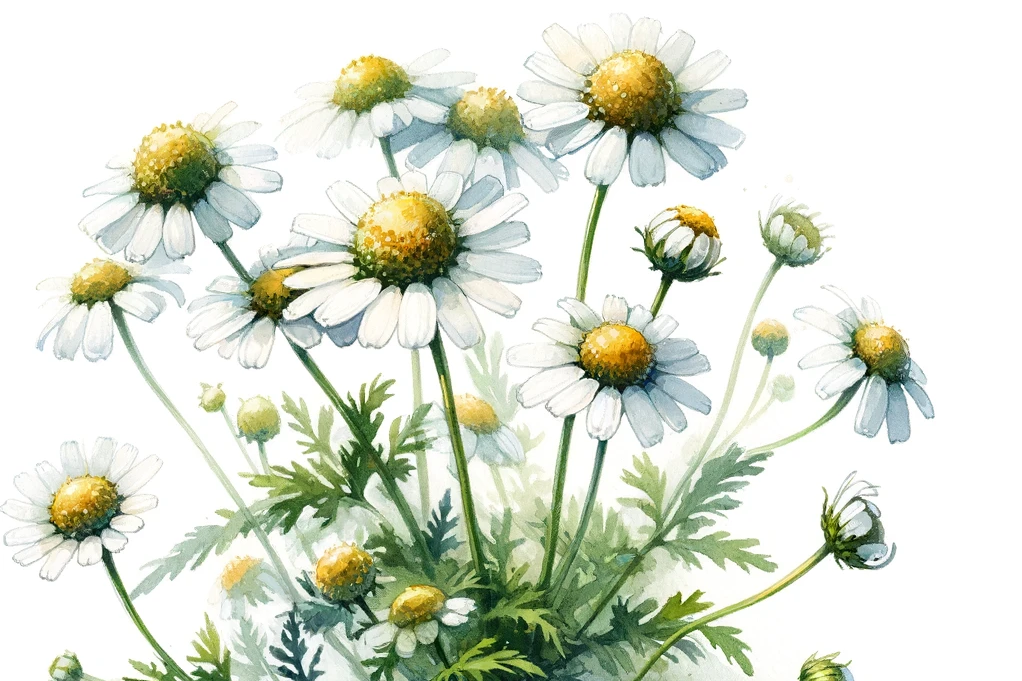Cornflower

Cornflower is a plant that you may have already seen in a meadow or field. It has blue or purple flowers and belongs to the daisy family. But did you know that cornflower can also be useful for dogs? In this article you can find out more about cornflower and how it can help your dog.
What is cornflower?
Cornflower is an annual plant found in Europe, Asia and North America. It is also known as corn poppy or cyanus. The flowers of the cornflower contain various ingredients that can have a healing effect. These include, for example, flavonoids, tannins, bitter substances and essential oils. These substances can have anti-inflammatory, antibacterial, antispasmodic and calming effects.
How can cornflower help dogs?
Cornflower can be used to treat various ailments in your dog. For example, it can help with skin problems such as eczema, wounds or insect bites. You can apply a compress made from cornflower blossoms to the affected area or use an ointment made from cornflower oil. Cornflower can also help with eye inflammation or conjunctival irritation. You can make an eye drop from cornflower water or brew a tea from cornflower blossoms and use it to rinse your dog's eyes.
Cornflower can also help with digestive problems such as flatulence, diarrhea or loss of appetite. You can give your dog a tea made from cornflower blossoms or mix a few dried blossoms into their food. Cornflower can also support liver function and stimulate the bile. Cornflower can also help with your dog's nervousness, stress or anxiety. You can put a few drops of cornflower oil in your dog's mouth or place a few flowers in his sleeping pillow.
What are the disadvantages of cornflower?
Cornflower is generally well tolerated by dogs and has no known side effects. However, you should always make sure that you only use high-quality products from controlled cultivation. You should also always pay attention to the dosage and not overdose your dog.
Cornflower is a versatile plant that can help your dog with various ailments. It has a healing effect on the skin, eyes, digestion and nerves. However, you should always pay attention to the quality and dosage of the products.
If you notice any signs of hypersensitivity or poisoning in your dog, you should see your vet immediately. We are not a substitute for a vet, but we try to be as accurate as possible. Every dog reacts differently and we recommend you get a second opinion or consult your vet if in doubt.
Stay healthy and take good care of your four-legged friend!😊
Similar to Cornflower
A brief botanical overview Poppy refers to the seeds of various species of the genus Papaver, with the opium poppy(Papaver somniferum) being the best known. In addition to its use in cooking, the...
Chamomile is a plant from the composite family that is mainly found in Europe, Asia and Africa. It has white flowers with a yellow center that exude a pleasant fragrance. The flowers are dried and...
Marigold originally comes from the Mediterranean region and was already valued as a medicinal plant in the Middle Ages. It contains many active ingredients that have an anti-inflammatory,...
The meadow daisy (Leucanthemum vulgare) is a widespread wildflower that can be found in natural meadows, gardens and roadsides. It belongs to the Asteraceae family and is characterized by its...



